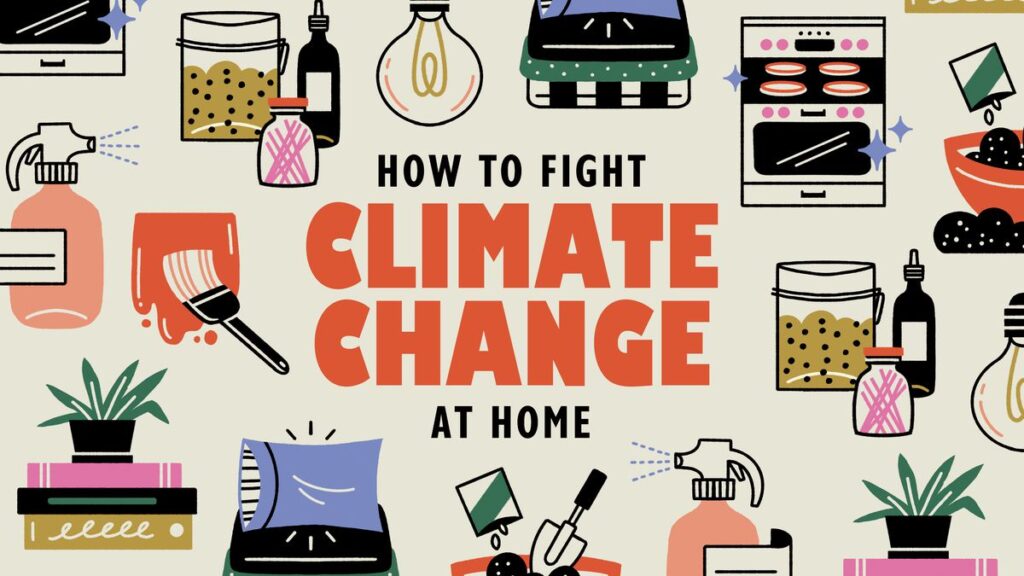by Ingrid Justick:
Vol. 28, No. 2
Climate change is probably the greatest threat our earth has to face. Unless we take significant action to reduce global warming, we will face more frequent and severe weather extremes, the expansion of invasive pests and diseases, the disruption of the ecosystem and the extinction of thousands of species. As gardeners, we are guardians of our environment and there are many simple and thoughtful ways we can work with nature to solve problems.
It may still be winter, but perhaps you can make some changes in your plans for spring. Through the following actions, we can make an enormous difference in our gardens.
ELIMINATE LAWN AND GARDEN PESTICIDES and you prevent highly toxic chemicals form being released into rivers, streams and ground water. Just one ounce of diazinon can pollute 94 million gallons of water. Use natural methods of pest control. Use organic fertilizers.
IMPROVE ENERGY EFFICIENCY by replacing outdoor light bulbs with compact fluorescent bulbs, installing outdoor automatic light timers and purchasing solar-powered garden products. Encourage local home and garden centers to carry energy efficient products. Reduce the use of gasoline-powered garden tools. Use electric or human-powered tools, such as push mowers, hand clippers and rakes. Consider replacing some of your lawn with low maintenance ground cover or native wildflowers. Plant with heirloom seeds. Increase biodiversity and attract butterflies to your garden.
REDUCE WATER CONSUMPTION. Actions include mulching, installing rain barrels, adjusting your watering schedule and using drip-irrigation. You can save six gallons of water every minute of watering by attaching a trigger nozzle to your garden hose. To reduce water pollution, develop a rain garden, which captures storm water runoff from heavy downpours and helps prevent it from entering into local lakes, streams and coastal waters.
COMPOST KITCHEN AND GARDEN WASTES. It reduces your contribution to global warming, especially methane, a highly potent greenhouse gas. Compost provides excellent nutrients for your garden, reducing the need for fertilizers, which pollute water supplies and consume much energy to produce.
PLANTING TREES near your home can shield it form hot sun in the summer and cold winds in winter, reducing energy use for air conditioning and heating. Trees and plants absorb carbon dioxide, a greenhouse gas responsible for climate change.
Let us all contribute to an abundant and healthful life
on our beautiful planet Earth.








